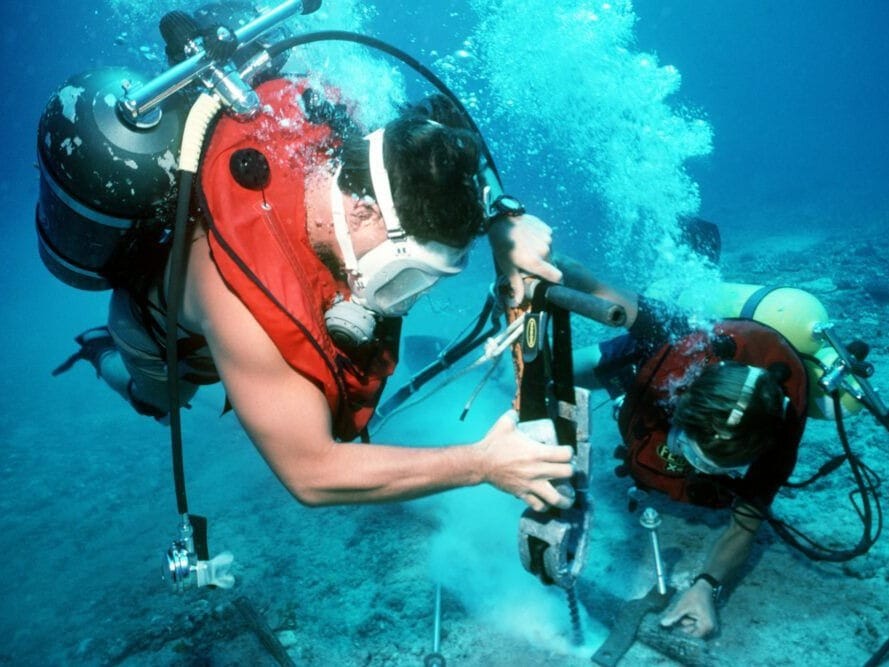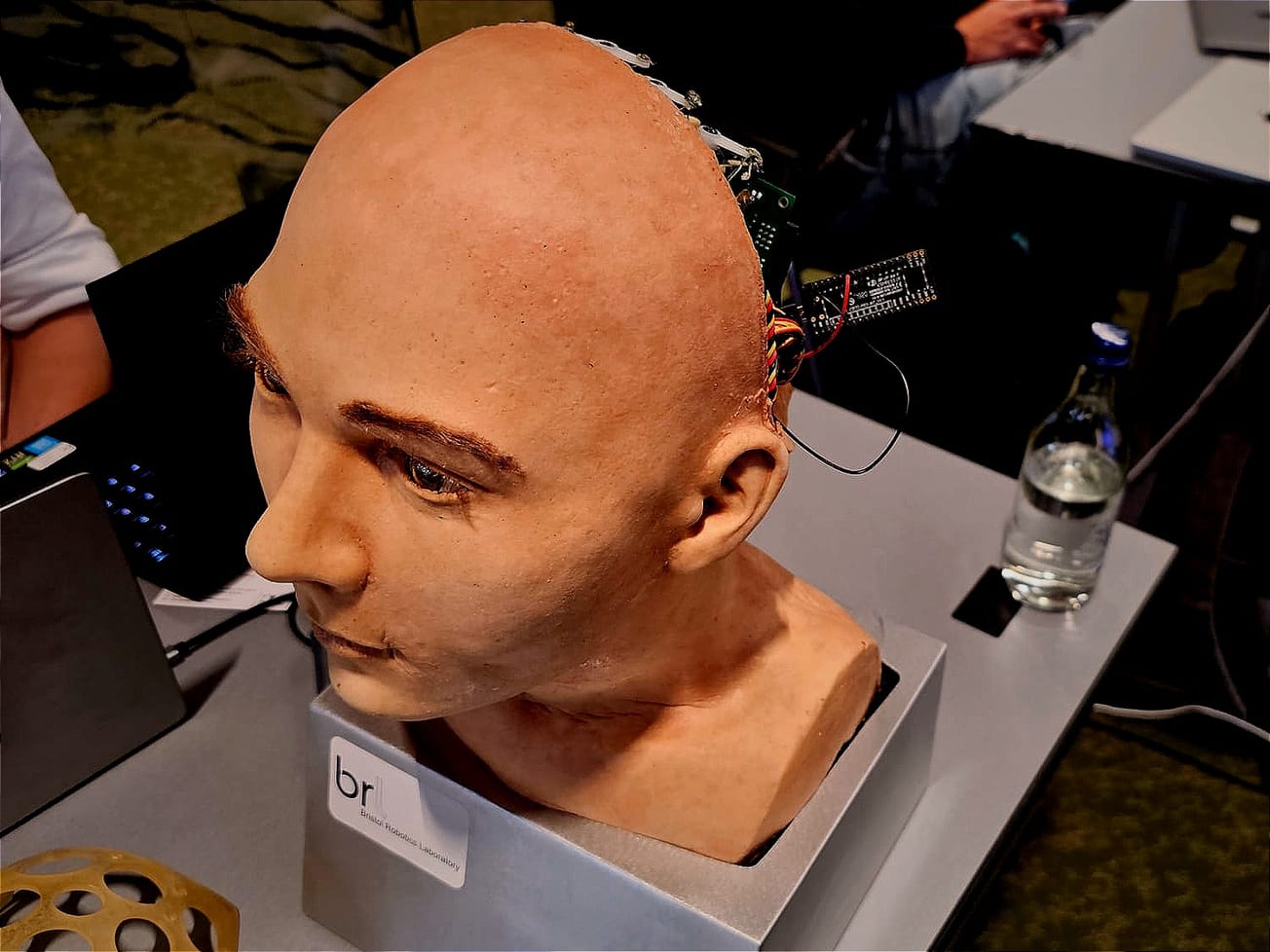When an underwater cable became severed in the South Pacific last month, Tonga lost all internet access for nearly two weeks, in an incident that illustrates some of the risks that a U.N. expert group is examining.
Data worth an estimated US$10 trillion in economic activity — twice the GDP of Japan, the world's third biggest economy — moves through underwater cables every day, according to the U.N. Office on Drugs and Crime, or UNODC.








